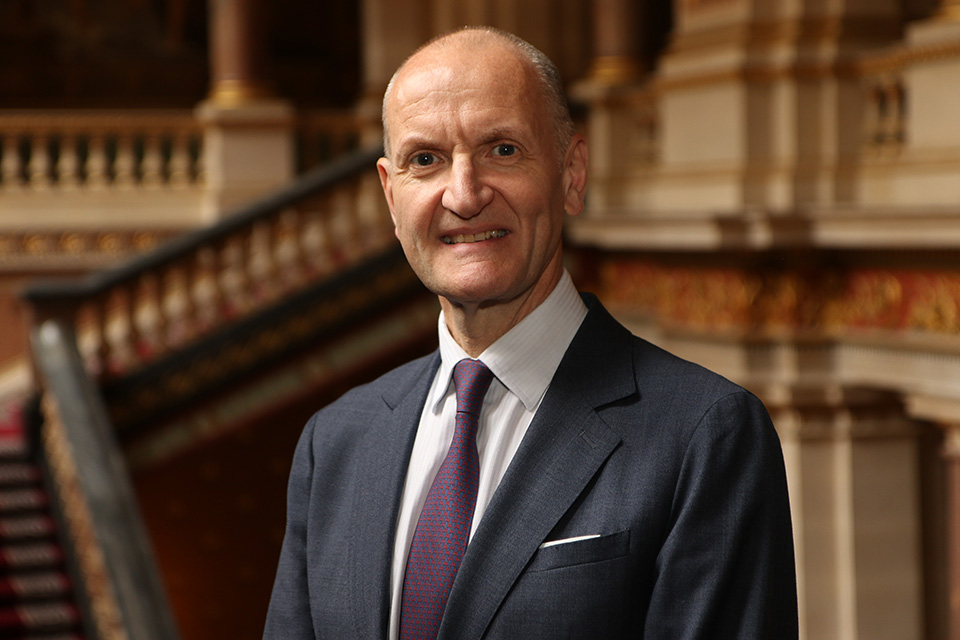Combating climate change through community initiatives
Remarks by Mike Nithavrianakis, British Deputy High Commissioner, Chennai, 5 June, Le Meridien.

It gives me great pleasure to invite members of the Kerala legislative Assembly, Panchayat presidents, Block level representatives, experts on water and environment to this discussion.
This afternoon, we would aim to take forward some very good initiatives that were started at the local level for enhancing greater understanding and ensuring even better results.
We all understand that climate change is a global issue with local solutions and Energy, Climate Change and Growth are intricately linked and should be given equal priority.
Climate Change is a very big issue for UK and addressing climate change through catalytic action right from communities through the elected members has yielded big results.
The UK is leading action - at home and globally. We believe that this has acted as a catalyst for radical change. We believe approaching the global issue of climate change from the bottom would lead to catalytic local changes.
You would hear more about action in UK from the The Honble minister for Local Governments, Rt Hon Eric Pickles, who is here today.
I would like to set this discussion in quick context. In India, we have been working closely at Central and State and regional Level, with elected representatives through various programmes such as Climate parliament, Globe and connecting the dots.
Some projects offer support to the PAT (Perform, Achieve, Trade) scheme and focus on energy efficiency, addressing fuel subsidy reforms, Low carbon master planning, a project about which you would and low-carbon public transport solutions for cities and support to state level action plans on climate change.
-
One project in Tamil Nadu involves integrating low-carbon into master planning of cities. For instance, in Madurai, support is being offered through partners to develop low-carbon tools in the Indian context and to prepare a planning and design sourcebook showcasing lessons learned and guidance for general application. This will be used as the basis for capacity building at State and local level. We had an interesting discussion this morning regarding use of this in Aluva.
-
Another project brought together 52 South Asian cities and local governments on urban low-carbon management. We are delighted that Cochin was one of those cities. Based on the roadmap from that project, the cities have taken a major step forward in recognising energy consumption issues and their carbon emissions. I understand that Cochin has opted for being a solar city and is taking that initiative forward.
Coming back addressing global issues locally - viz addressing climate impacts at local levels - We hope that the community level work that has begun in Kerala as a result of connecting the dots project would go a big way and I would request the experts present here to support this initiative in scaling up across the state.
We would be hearing from the MLA from Chenganoor, Mr Vishnunadh who has shown leadership and has led a programme on water management by integrating cross cutting mechanisms. I look forward to hearing from the Panchayat leaders about their experience and hoping that we would be able to use this opportunity to strengthen the UK Kerala collaboration in addressing climate change.
-
Full coverage of Mr Eric Pickles’ visit on Storify
-
Follow on twitter @UKinIndia